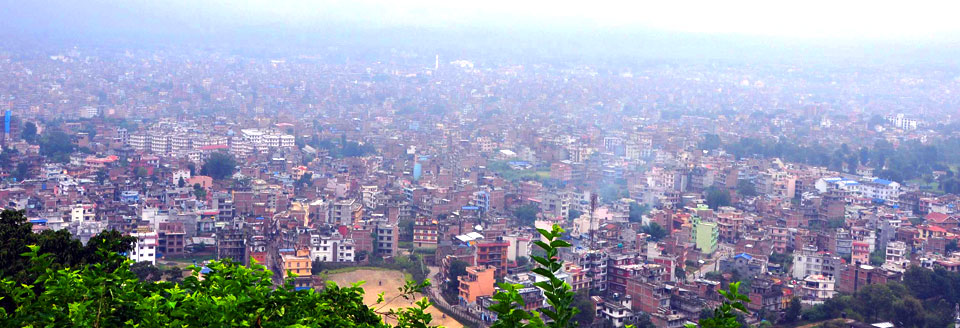

Women celebrating Haritalika Teej today
The Capital city has been overcrowded with women clad in red saris and worshipping Lord Shiva.
The Pashupatinath temple area in Gaushala has been bathed in red, the colour of dresses devotee women wore. Married women and unmarried girls have been dancing to traditional and modern Teej songs in the temple premises. Three doors have been opened in Pashupatinath temple for the devotees to worship Lord Shiva with ease.
Married women fast for the whole day on this very day for the prosperity of their husband whereas unmarried women fast to be blessed with a caring and a loving husband.
Originally, Teej was a three day festival that falls on the end of August or early September. The first day is called ‘Dar Khane Din’, the second is a ‘fasting day’ and the third day is called ‘Rishi Panchami’ in Nepal which is a day to perform the Teej Puja.
Meanwhile, the Pashupati Area Development Trust (PADT) has urged all the female devotees visiting Pashupatinath Temple not to wear expensive ornaments on Sunday in view of security.
Around 2500 security personnel and over 1000 volunteers have been deployed in the Pashupati area today.
Hindu women observe the fasting for the well-being of their family, particularly the husband. A three-day affair is basically associated with marital sanctity. The first day, which falls on Saturday this year, is called ‘Dar Khane Din’, when women eat delicious food. The second day is ‘fasting’ while on the third day—called ‘Rishi Panchami’—devotees perform a pooja.
Hindu mythology has it that Goddess Parvati observed a fasting wishing Lord Shiva to be her husband and she was granted her wish. Thus, married women observe fast for the longevity of the life of their husband while the unmarried ones are believed to get a groom of their choice.
source: the kathmandu post,8 Sep 2013








